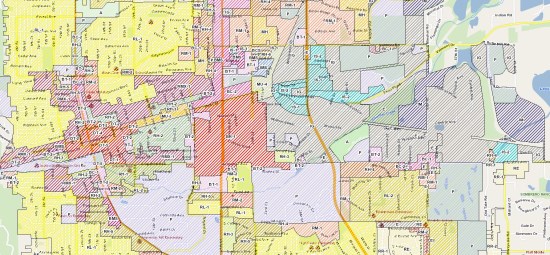Macon Cowles and Steve Pomerance (Boulder Daily Camera, January 5) both address the same issue: what Cowles calls using Other People’s Money and what economists frame as externalizing costs. The natural tendency for people to try to get something for nothing is universal, and it is one of the roles of government to try to figure out when this individual tendency might actually be beneficial to the whole. Congress decided, for example, in 1986, at the height of the Reagan administration, to require hospitals to treat anyone needing emergency health care, regardless of their ability to pay (or their legal status in the country, for that matter). The calculus employed by Congress probably factored in how unseemly it would be to have the bloated bodies of poor people littering our sidewalks. (It should be noted that this was an unfunded mandate-we have all paid for treatment of uninsured patients since then, despite claims that this cost is just now being imposed on us.)
But, there has been no such argument put forward, at least not as far as I am aware, that supports subsidizing rural residents, as Cowles argues is the case (and which rough math suggests must be true). Let’s have someone tote this up-maybe the Commissioners’ offer to pay 20% of subdivision road rehabilitation is too generous.
Pomerance points out that development of commercially-zoned lands in Boulder will impose very large costs on residents not only of Boulder, but of the region. He suggests that we reduce those external costs by regulating the negative effects of commercial development. Make no mistake, his proposed standards are meant to be formidable requirements, but they should be viewed as appropriate by those who have the imagination to visualize the alternative. Pomerance does not mention population in his standards, so his proposal cannot be tagged as anti-growth. In fact, a more favorable outcome (perfect being out of reach) could be realized if a significant fraction of commercial landowners were to petition to “downzone” their land to a multifamily use for non-luxury housing, thus allowing Boulder’s population to grow into a better balance against fewer jobs. Make no mistake, Boulder’s future will be ugly if we do nothing about this.




